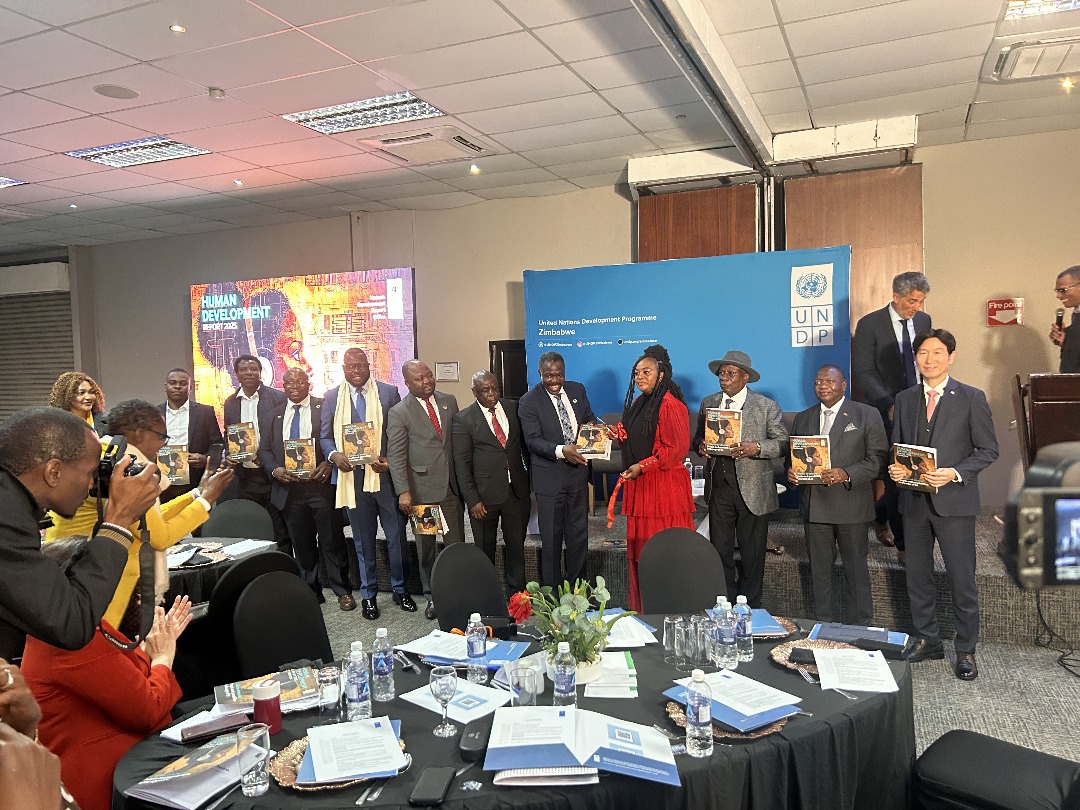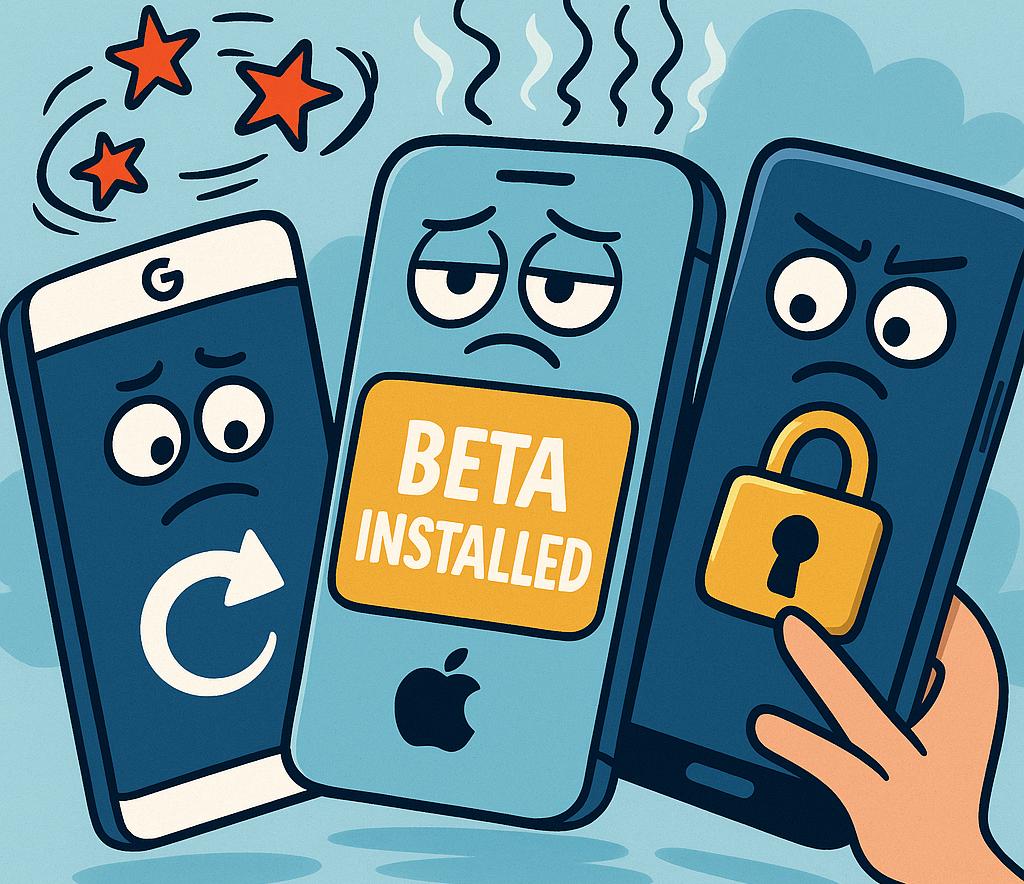This article contains Wiki Loves Africa’s project co-leader, Florence Devouard’s uncut responses to the article I wrote about the Wiki Loves Africa project as well as answers to the questions I posed to her.

(Me) How can Zimbabweans participate in the current competition?
(Florence) This question is easy. The competition only requires (those desiring to participate) to
- Take pictures of one’s environment
- Create an account on Wikimedia Commons (this is required to upload images) with a valid email address (so that we can contact participants afterwards)
- Upload images from this link here. That’s all.
- All the uploaded images are stored here.
Me: How can Zimbabwe join the focus groups/countries?
Florence: No, it can not (at least, not in 2014). The “focus countries” is the term given for a set of 8 countries for which we could secure a bit of money (and it is really, a bit) so that local people could organize some events to foster participation. The 8 countries have already been decided, usually based upon existing active editors in those countries. But whilst money can not be proposed, help can (such as press release templates, leaflets and so on).
Me: Is there a simplified editor Wikipedia like the one, say, found in WordPress?
Florence: Yes there is. Please check out : https://en.wikipedia.org/wiki/Wikipedia:VisualEditor
VisualEditor is in beta testing, but it is improving all the time, with new features. If you have already tried it 6 months ago, check it out again. You’ll find it much improved.
Me: You mentioned the fact that almost anyone can become an editor how does one become a member of the admin team? Wouldn’t it be advisable to rope in some experts from the continent on various fields on the continent for example from Universities and see if they want to volunteer to be admins on subjects and verify their authenticity and accuracy?
One of the reasons why people seem to have given up on editing is that they usually start on articles that are seen as controversial for example people are driven after an oil spill/death of a top politician etc. It is often then that often foreign moderators swoop in and seem to have more powers (and sometimes time) than them and override whatever they write.
A hypothetical example: an oil company polluting the environment in some African country has a full time publicist whose job description includes monitoring and editing their Wiki page to ensure that it remains favorable. He/She has more knowledge of the Wiki rules sometimes more powers and can override whatever people write. That tends to make people feel powerless hence the accusation I made in the article that the opinions tend to be Western-centric.
Florence: Administrator is a technical role and not an editorial role. Participants do not become admins because they are experts on a topic, but because they have been around for quite a long, know the rules and pillars of the Wikipedia projects very well, have shown that they were willing to help the project for the better good, and show a proper social behavior within the community. It is very very unlikely that the oil company editor would ever become an administrator….
To understand better the role and activity of administrators, I recommend reading this page: https://en.wikipedia.org/wiki/Administrators_(Wikipedia)
Generally… the best way to make sure information can be checked for authenticity and accuracy is to provide relevant and quality sources. For a new editor… it is also generally a good idea to start working on non-controversial topics first… so as to get to be more familiar with Wikipedia inner rules as well as to to build a reputation
Me: Then there are the rules that will make even the most complex African traditional ceremony look simple in comparison. It would be nice to have a clear and concise beginner’s guide which is not riddled with lingo. Case in point how is anyone supposed to understand this http://en.wikipedia.org/wiki/Wikipedia:Moderators/Proposal ? I am sure whoever wrote it thought it made sense.
Florence: First time I heard of this page…
But yes… as I wrote above… it is best to simply start writing and editing topics. And second, when and if you feel like it… explore the complex arcans of the internal rules of the project. MOST participants just edit pages… and to do so… they do not need to read this proposal!
Me: 99% of the people in Zimbabwe and the majority of people in Africa use mobile internet how easy is it to use mobile devices to create and edit articles?
Florence: Excellent question! A mobile application read-only was launched in 2007. It now allows editing as well. Please find it here: en.m.wikipedia.org
Note that having an account and being logged-in is mandatory on the mobile version. Saying that it is “easy” would possibly be a bit bold. But I used it several times and it does work and many are using it.
For more information on the matter: https://en.wikipedia.org/wiki/Wikipedia#Methods_of_access as well as https://en.wikipedia.org/wiki/Help:Mobile_access
Development on mobile is currently one of the big focus of the Wikimedia Foundation (the organization hosting Wikipedia). Lot’s of energy is put on improving it.
Me: I appreciate the Wiki Loves Africa effort as it will undoubtedly lead to increased participation, I just think there are some kinks with the Wiki process that need attention if more Africans are expected to participate more. Currently, I think the Wikipedia suffers from the Kernel problem. Everyone knows “you can contribute” but few people from the wild do: you have the GIT system to contend with, then there is the contribution process and the elitist Gods who are in charge of the trees and so overworked and busy they would not be bothered to be polite or accommodating to us mere mortals so people just stay clear and leave it to Red Hat, Google and the other Gods.
Florence: What you just write… I have seen written from people from every country. It is not something specific to Africa.
Let’s be honest… fixing a typo, adding a date, or uploading an image is easy. It does not require lot’s of energy, does not require lot’s of time, and can be done from a mobile. Most participants only get so much involved. Their participation is very helpful. Africa limits here may be mostly technical (for example, to upload an image, you need a phone or a camera and you need a good internet connection).
However, really getting in the editing process, with significant modifications to articles is serious business. It takes time. It usually requires being educated. It requires looking for relevant sources, double checking facts, the ability to summarize topics, to present opinions in a unbiased way, to accept to see one’s work modified by others, to be bold enough to modify the work done by others, the willingness to listen to other opinions and to balance options. It is NOT easy. And not everyone is able to fit. Not everyone is willing to fit. So ultimately, the number of very active participants is very low compared to the number of users of Wikipedia content. Really the issue is not so-called elitists Gods from the western world. The issue is that it is simply more difficult to participate to Wikipedia than to write a comment in Facebook. It is not new and it is not likely to change.
This being said… I agree… there are unfortunately some participants who are rather rude and unwelcoming to new editors. Hopefully that will not hide the fact there are also plenty of great people.
A challenge specific to Africa (and to a whole bunch of other countries by the way) is access to sources. Most western editors are using Internet to access original sources of information to double check facts. Oral tradition or sources not yet published on Internet make it harder for African editors to support their additions with valid sources. For those interesting by reading more on the topic, please consult a research work being led to try to help find solutions: https://meta.wikimedia.org/wiki/Research:Oral_Citations
I hope my comments brought some light on the topic.












Comments
4 responses
I thank you VERY MUCH for this opportunity to give clarifications. Now… I hope to see more participants from Zimbabwe !
As the other co-project leader I completely endorse everything that Florence has said above. If you are keen to explore more to contribute to Wikipedia you can use these toolkits to find out how to here: http://www.wikiafrica.net/toolkits/category/wikipedia/
Here is a detailed tutorial on editing on Wikipedia:
https://en.wikipedia.org/wiki/Wikipedia:Tutorial
And here is the fun version on how to get to grips with Wikipedia: https://en.wikipedia.org/wiki/Wikipedia:TWA/Portal
The most boring article I have read today
Good for you!